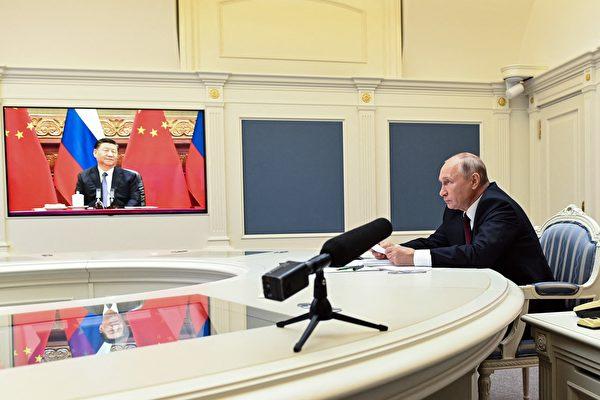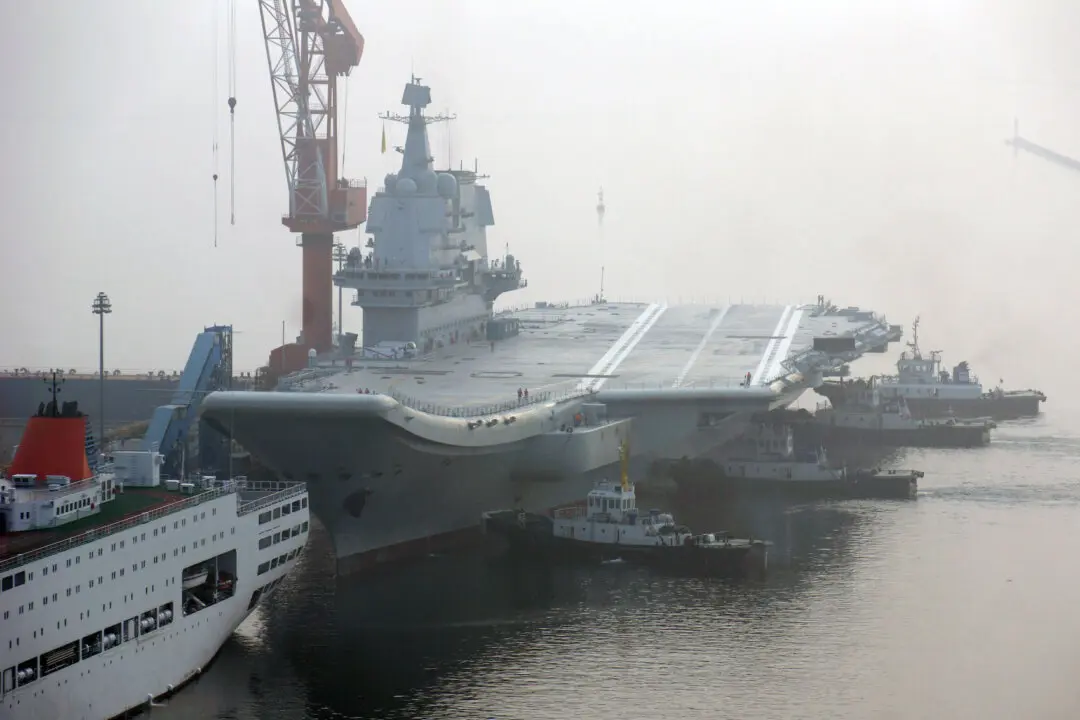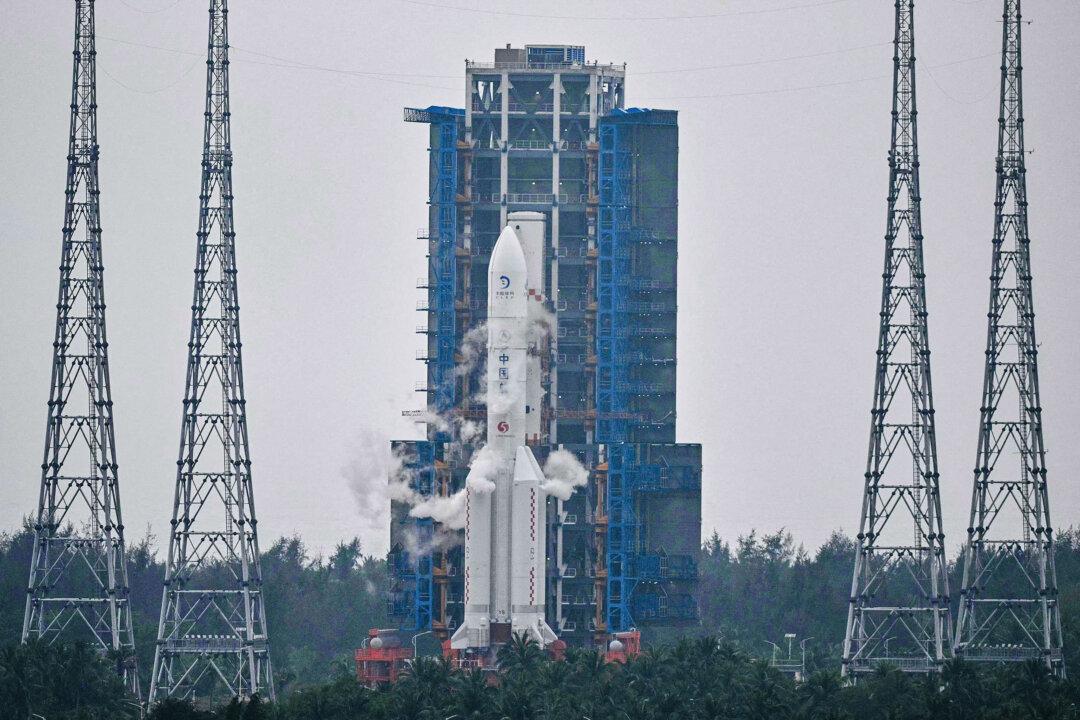News Analysis
According to Chinese state media, Chinese leader Xi Jinping told his Russian counterpart Vladimir Putin, “We firmly support each other on issues concerning each other’s core interests and safeguarding the dignity of each country.” Xi was referring to Ukraine and Taiwan, two global flashpoints that have become intertwined.





